HRW finds Uyghurs in Turkey targeted with restriction codes, causing legal uncertainty, detention, and potential transfer to China or third countries.
Istanbul, November 12, 2025 — Human Rights Watch (HRW) has released a detailed report documenting the treatment of Uyghurs in Turkey, revealing that Turkish authorities are systematically assigning “restriction codes” to Uyghurs in migration and policing databases. These codes mark individuals as “public security threats” and can lead to deportation, denial of residence permits, and rejection of international protection claims.
According to HRW, approximately 50,000 Uyghurs reside in Turkey. Interviews with 13 Uyghurs indicate that nine had been detained at least once in deportation centers, while five currently live without legal status. These individuals often avoid contact with immigration or security authorities out of fear of detention or deportation. Many report that the presence of a restriction code affects daily life, limiting access to services and creating ongoing uncertainty about their legal status.
The report details that restriction codes, often labeled as “G87”, are applied without transparent procedures, explanation, or evidence of wrongdoing. Some codes reportedly rely on information provided by foreign governments. HRW found that Uyghurs with restriction codes are significantly more likely to experience rejection of residence permits or deportation proceedings, even when they have not committed any crimes or violations.
HRW reviewed 12 deportation orders, four residence-permit refusals, and three citizenship application denials issued by Turkish authorities between 2018 and 2025. In these documents, authorities frequently cite vague terms such as “public security threat” without specifying the facts or providing evidence. In addition, five court decisions analyzed by HRW, issued between 2024 and 2025, upheld deportation orders for Uyghurs with restriction codes without adequately explaining the justification for labeling them a threat. Courts generally failed to assess the potential risks these individuals would face if returned to China, despite known threats of detention, interrogation, torture, and other forms of ill-treatment.
Conditions inside deportation centers, as described by interviewees, are challenging and sometimes abusive. HRW reports overcrowding, poor hygiene, and harsh treatment. Several Uyghurs reported being strip-searched, occasionally in the presence of both male and female officers. Interviewees also stated that they were pressured to sign “voluntary return” forms, and at least three individuals were later deported to third countries with extradition arrangements with China, creating the risk of transfer to Chinese authorities.
The report emphasizes that returning Uyghurs to China, or to countries where they may be transferred to China, exposes them to serious risks, including arbitrary detention, forced labor, political persecution, and torture. HRW documents previous cases, including incidents in May 2018 and 2019, where Uyghurs were deported from Turkey to third countries and subsequently sent to China, highlighting the continued vulnerability of this population.
The organization’s findings are based on 20 interviews: 13 with Uyghurs (including civil society representatives), six with lawyers specializing in immigration and asylum cases, and one with a Turkish government official. In addition, HRW reviewed official documents, deportation files, and court decisions to support its conclusions.
HRW underscores that the use of restriction codes has profound consequences for Uyghurs in Turkey. The codes disrupt legal status, limit access to residence and protection mechanisms, and leave individuals in prolonged uncertainty. Uyghurs report feeling constantly monitored and at risk of detention, even when living in Turkey lawfully.
The report calls on Turkish authorities to immediately cease the use of restriction codes for Uyghurs, suspend deportations, and implement transparent, fair procedures for residence and protection claims. It also stresses the need for independent monitoring of deportation centers to ensure humane conditions and adherence to international human rights standards.
HRW concludes that failure to address these issues violates Turkey’s obligations under international law, particularly the principle of non-refoulement, which prohibits returning individuals to countries where they may face serious harm. The organization urges the Turkish government to take immediate measures to protect Uyghurs in the country and to prevent further risk of deportation to China or third countries.
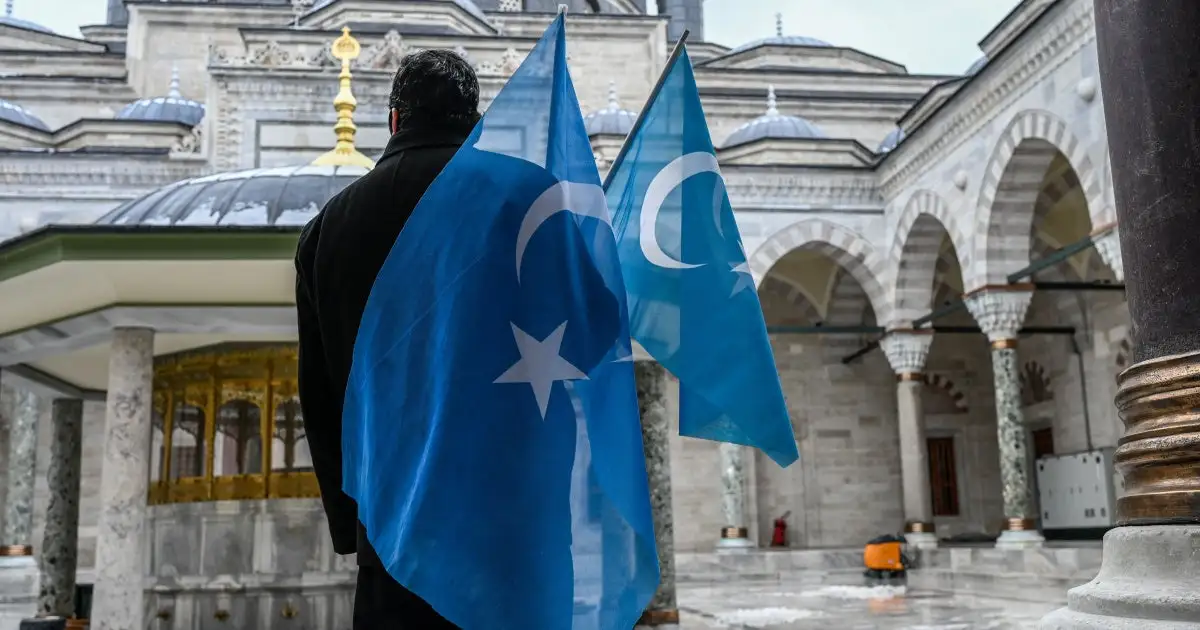
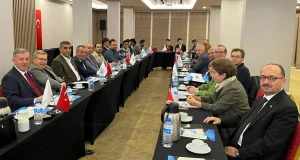
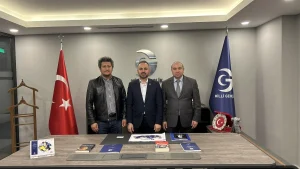

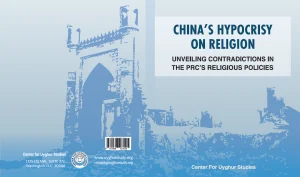
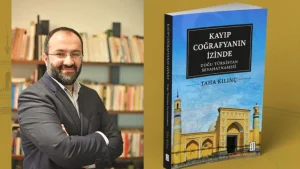

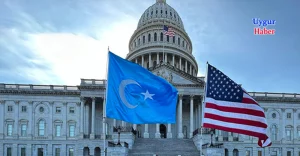

Be First to Comment